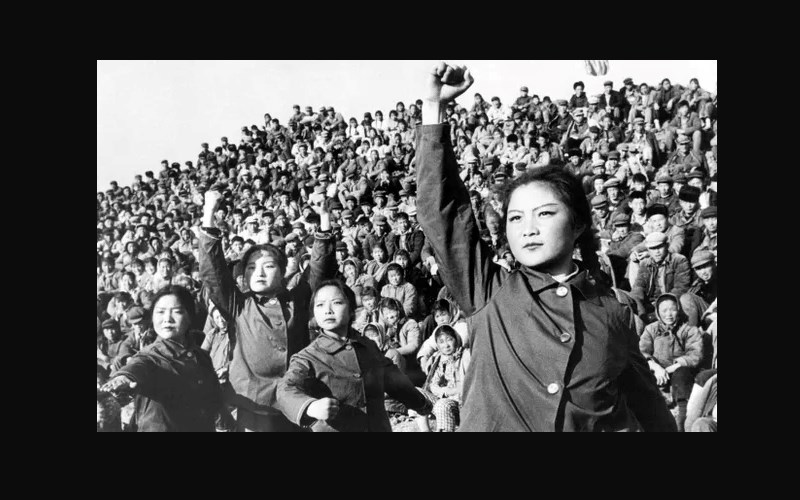James Bennet was employed as editorial page editor at the Times until he was forced to step down in June 2020. Three years after that ouster, Bennet has now written a 17,000-word story for his new employer, The Economist. It describes his forced resignation and the mob-like environment that led to his ouster.
What was Bennet’s supposed crime against journalism? He allowed the op-ed page to publish a guest column by Sen. Tom Cotton, the Arkansas Republican. A former U.S. Army officer, Cotton wrote that then-President Trump should use the Insurrection Act and deploy the military to restore law and order to city streets during a summer of violent race riots.
Curtis Houck, of the Media Research Center, remembers what happened next: The reporters and staff went nuts and Bennet became their target.
“This was in the company's Slack channels,” Houck says, referring to the online internal communications. “That's middle school stuff.”

It may have been akin to junior high gossip but it worked, and Bennet was tossed out just days after the Cotton op-ed published.
In his account published last week, Bennet said the Times has “metastasized” from a liberal bias to what he calls “illiberal bias” that pervades the newsroom.
What does that term mean? Bennet described it as journalism devolving “from an inclination to favor one side of the national debate to an impulse to shut debate down altogether.”
In other words: fascism in a newspaper newsroom.
The liberal bias of the mainstream media is no secret, such as supporting abortion and voting for Democrats, which already hurts the media's credibility. Bennet describes a newsroom even worse, where younger, ideologically-driven journalists ruled like a mob. The veteran journalists, still liberal but fair and independent, were seen as enemies of progress.
Bari Weiss, a second ex-Times journalist, made a similar troubling observation when she quit her opinion page job weeks behind Bennett in July 2020.
 In her parting letter to A.G. Sulzberger, the Times publisher, Weiss described a newsroom where Trump must be condemned again and again as a danger to the country, but fellow employees go unpunished after calling Weiss, who is Jewish, a Nazi and a racist.
In her parting letter to A.G. Sulzberger, the Times publisher, Weiss described a newsroom where Trump must be condemned again and again as a danger to the country, but fellow employees go unpunished after calling Weiss, who is Jewish, a Nazi and a racist.
“The paper of record is, more and more, the record of those living in a distant galaxy, one whose concerns are profoundly removed from the lives of most people,” she wrote.
In that letter, Weis also used the phrase “illiberal” to describe the “heartbreaking” environment Sullenger was allowing because he is caving to a mob of political activists.
In a newsroom where only certain beliefs are allowed, Bennet similarly warned, the Times is now becoming a newspaper “through which America's progressive elite talks to itself about an America that does not really exist.”
Bennet is describing a worldview that both the journalists and their readers share, Houck says, “in that there's no reason to think that any world exists outside of this liberal bubble.”







